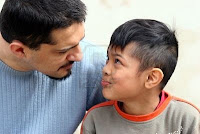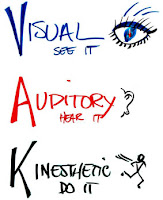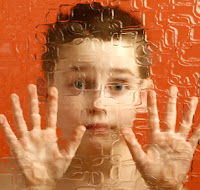Explaining Autism Spectrum Disorder to Your Child

Moms and dads go through a range of emotions when given their youngster’s diagnosis of Aspergers or High-Functioning Autism (HFA). Often times, brothers and sisters, grandmothers and grandfathers, and other family members go through a variety of emotions and stages of dealing with an Aspergers family member as well. Professionals agree that the Aspergers or HFA youngster should be given information about his diagnosis, as well as support for understanding and coping with the new information. However, many moms and dads may fear a number of things if they tell their affected child – or other kids (and sometimes other family members) about their youngster’s disorder. For example, they may fear that: the youngster (or others) will use the disorder as an excuse for why she can’t do something the youngster will think of himself (or others will think of the youngster) as a complete failure with no hope for a positive future their youngster may lose some of her options in life thei



